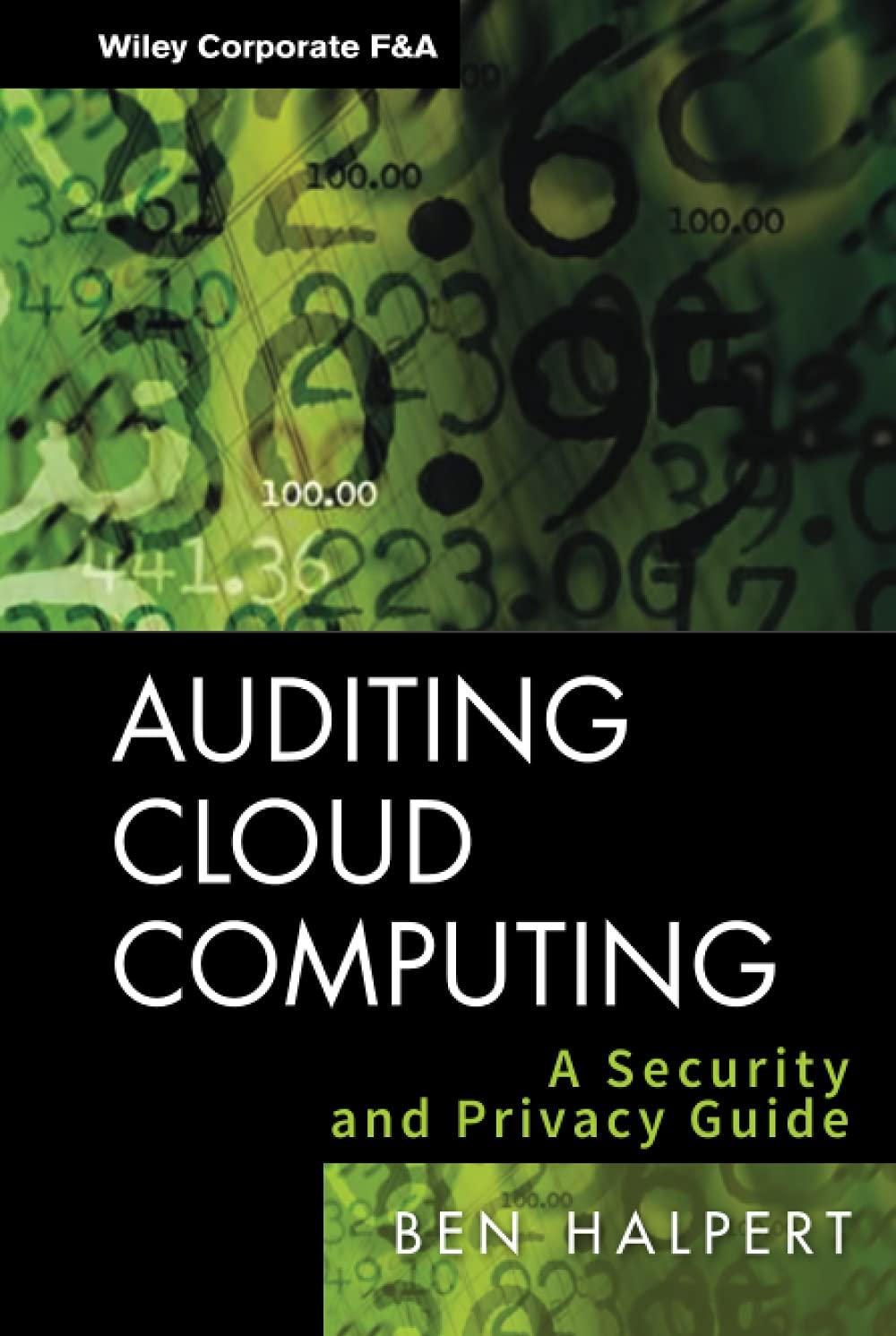Question
Integrative Case 6 O'Grady Apparel Company O'Grady Apparel Company was founded nearly 160 years ago when an Irish merchant named Garrett O'Grady landed in Los
Integrative Case 6 O'Grady Apparel Company O'Grady Apparel Company was founded nearly 160 years ago when an Irish merchant named Garrett O'Grady landed in Los Angeles with an inventory of heavy canvas, which he hoped to sell for tents and wagon covers to miners headed for the California goldfields. Instead, he turned to the sale of harder-wearing clothing. Today, O'Grady Apparel Company is a small manufacturer of fabrics and clothing whose stock is traded in the OTC market. In 2015, the Los Angeles-based company experienced sharp increases in both domestic and European markets resulting in record earnings. Sales rose from $15.9 million in 2014 to $18.3 million in 2015 with earnings per share of $3.28 and $3.84, respectively. European sales represented 29% of total sales in 2015, up from 24% the year before and only 3% in 2010, 1 year after foreign operations were launched. Although foreign sales represent nearly one-third of total sales, the growth in the domestic market is expected to affect the company most markedly. Management expects sales to surpass $21 million in 2016, and earnings per share are expected to rise to $4.40. (Selected income statement items are presented in Table 1.) Because of the recent growth, Margaret Jennings, the corporate treasurer, is concerned that available funds are not being used to their fullest potential. The projected $1,300,000 of internally generated 2016 funds is expected to be insufficient to meet the company's expansion needs. Management has set a policy of maintaining the current capital structure proportions of 25% long-term debt, 10% preferred stock, and 65% common stock equity for at least the next 3 years. In addition, it plans to continue paying out 40% of its earnings as dividends. Total capital expenditures are yet to be determined. Jennings has been presented with several competing investment opportunities by division and product managers. However, because funds are limited, choices of which projects to accept must be made. A list of investment opportunities is shown in Table 2. To analyze the effect of the increased financing requirements on the weighted average cost of capital (WACC), Jennings contacted a leading investment banking firm that provided the financing cost data given in Table 3. O'Grady is in the 40% tax bracket. TABLE 1 Selected Income Statement Items 2013 2014 2015 Projected 2016 Net sales $13,860,000 $15,940,000 $18,330,000 $21,080,000 Net profits after taxes $1,520,000 $1,750,000 $2,020,000 $2,323,000 Earnings per share (EPS) 2.88 3.28 3.84 4.40 Dividends per share 1.15 1.31 1.54 1.76 TABLE 2 Investment Opportunities Investment opportunity Internal rate of return (IRR) Initial investment A 21% $400,000 B 19 200,000 C 24 700,000 D 27 500,000 E 18 300,000 F 22 600,000 G 17 500,000 TABLE 3 Financing Cost Data Long-term debt: The firm can raise $700,000 of additional debt by selling 10-year, $1,000, 12% annual interest rate bonds to net $970 after flotation costs. Any debt in excess of $700,000 will have a before-tax cost, rd, of 18%. Preferred stock: Preferred stock, regardless of the amount sold, can be issued with a $60 par value and a 17% annual dividend rate. It will net $57 per share after flotation costs. Common stock equity: The firm expects its dividends and earnings to continue to grow at a constant rate of 15% per year. The firm's stock is currently selling for $20 per share. The firm expects to have $1,300,000 of available retained earnings. Once the retained earnings have been exhausted, the firm can raise additional funds by selling new common stock, netting $16 per share after underpricing and flotation costs.
TO DO a. Over the relevant ranges noted in the following table, calculate the after-tax cost of each source of financing needed to complete the table. Source of capital Range of new financing After-tax cost (%) Long-term debt $0-$700,000 _________ $700,000 and above _________ Preferred stock $0 and above _________ Common stock equity $0-$1,300,000 _________ $1,300,000 and above _________
Step by Step Solution
There are 3 Steps involved in it
Step: 1

Get Instant Access to Expert-Tailored Solutions
See step-by-step solutions with expert insights and AI powered tools for academic success
Step: 2

Step: 3

Ace Your Homework with AI
Get the answers you need in no time with our AI-driven, step-by-step assistance
Get Started


